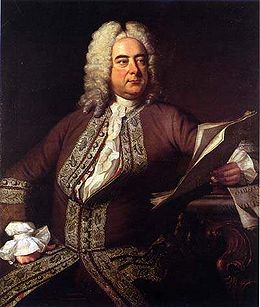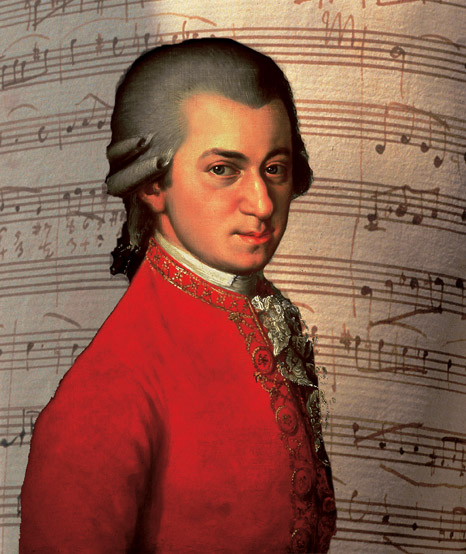Classic America
"Pops Concert Channel"
"Mostly Sinatra Channel"
The World's Greatest Music!
News and Reviews for Classic America Composers
George Fredric Handel: George Frideric Handel (German: Georg Friedrich Händel; pronounced [ˈhɛndəl]) (23 February 1685 – 14 April 1759) was a German-British Baroque composer, famous for his operas, oratorios, anthems and organ concertos. Handel was born in 1685, in a family indifferent to music. He received critical musical training in Halle, Hamburg and Italy before settling in London (1712) and becoming a naturalised British subject in 1727.[1] By then he was strongly influenced by the great composers of the Italian Baroque and the middle-German polyphonic choral tradition.
Within fifteen years, Handel, a dramatic genius, started three commercial opera companies, to supply the English nobility with Italian opera, but the public came to hear the vocal bravoura of the soloists rather than the music. In 1737 he had to deal with a physical breakdown, changed direction and addressed middle class. As Alexander's Feast (1736) was received well Handel made a transition to English choral works. After his success with Messiah (1742) he never performed an Italian opera again. Handel was partly successful with his performances of English Oratorio on mythical or biblical themes, but when he arranged a performance of Messiah to benefit the Foundling Hospital (1750) the critique ended. The pathos of Handel's oratorio is an ethical one, they are hallowed not by liturgical dignity but by the moral ideals of humanity.[2] Almost blind, and having lived in England for almost fifty years, he died a respected and rich man.
Handel is regarded as one of the greatest composers of all time, not only because of his Water Music, and Music for the Royal Fireworks. But since the late 1960s, with the revival of baroque music and original instrument interest in Handel's opera seria has revived too. Handel composed forty operas in about thirty years; some are considered as masterpieces, with many sweeping arias and much admired improvisations. His operas contain remarkable human characterization, by a composer not known for his love affairs.
Wolfgang Amadeus Mozart: (German: [ˈvɔlfɡaŋ amaˈdeus ˈmoːtsaʁt], English see fn.) baptismal name Johannes Chrysostomus Wolfgangus Theophilus Mozart[2] (27 January 1756 – 5 December 1791), was a prolific and influential composer of the Classical era. He composed over 600 works, many acknowledged as pinnacles of symphonic, concertante, chamber, piano, operatic, and choral music. He is among the most enduringly popular of classical composers.
Mozart showed prodigious ability from his earliest childhood in Salzburg. Already competent on keyboard and violin, he composed from the age of five and performed before European royalty. At 17, he was engaged as a court musician in Salzburg, but grew restless and travelled in search of a better position, always composing abundantly. While visiting Vienna in 1781, he was dismissed from his Salzburg position. He chose to stay in the capital, where he achieved fame but little financial security. During his final years in Vienna, he composed many of his best-known symphonies, concertos, and operas, and portions of the Requiem, which was largely unfinished at the time of Mozart's death. The circumstances of his early death have been much mythologized. He was survived by his wife Constanze and two sons.
Mozart learned voraciously from others, and developed a brilliance and maturity of style that encompassed the light and graceful along with the dark and passionate. His influence on subsequent Western art music is profound. Beethoven wrote his own early compositions in the shadow of Mozart, and Joseph Haydn wrote that "posterity will not see such a talent again in 100 years.


